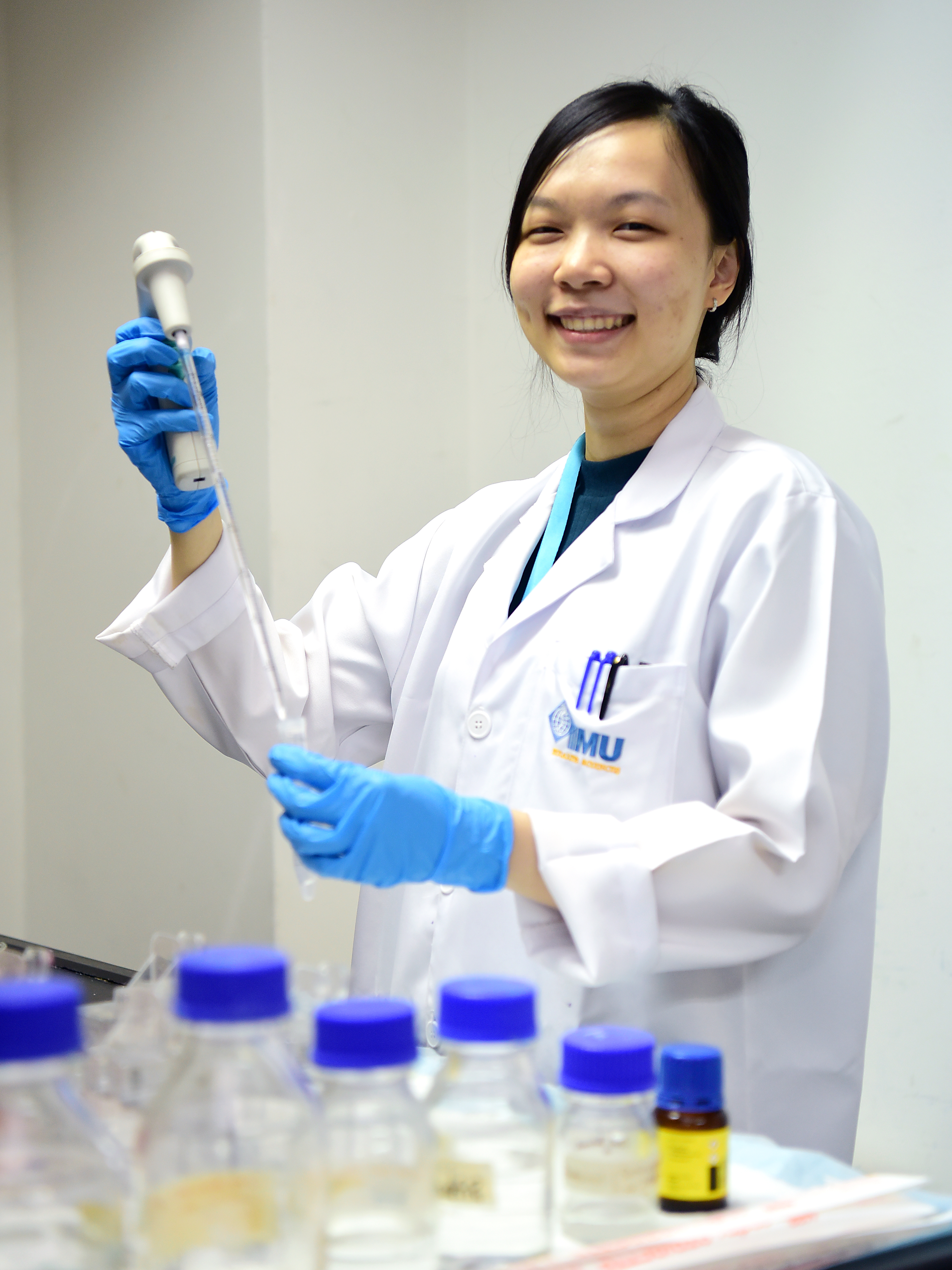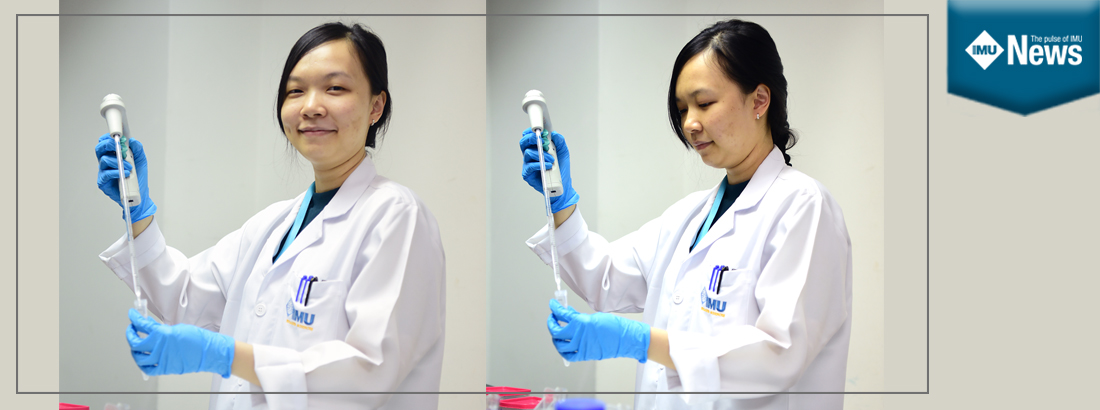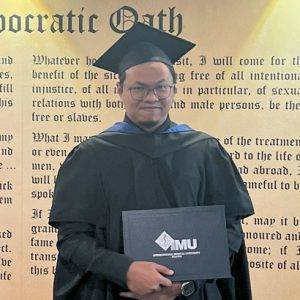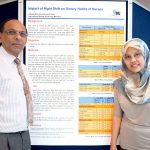It is always encouraging that students should obtain some overseas exposure as part of their degree programme. The same goes for students of postgraduate programmes. The establishment of the Student Mobility Programme by the International Medical University (IMU) serves to academically and socially enrich a student’s university experience by broadening the students’ perspectives and widening their academic horizons. Tan Si Hoey, a Master of Science (MSc) in Medical and Health Sciences (by Research) student at the IMU has been offered an internship placement at the RIKEN Centre for Developmental Biology, Japan. Tan is a full-time MSc candidate working on a research project titled Functional Role of P21 Protein-activated Kinase 4 (PAK4) in Invasive Oral Squamous Cell Carcinoma under the supervision of Prof Leong Chee Onn and Dr Felicia Chung. She has been offered a six-month internship placement from September 2017 till February 2018 at Dr Li-Kun Phng’s lab at the RIKEN Center for Developmental Biology, Japan.
Under this internship placement, Tan will work towards understanding how endothelial cells (the inner lining of the blood vessels) coordinate their behavior to drive blood vessel development using the zebrafish as a model organism under the supervision of Dr Li-Kun Phng, the team leader of the Laboratory for Vascular Morphogenesis focusing on studies of the mechanisms and processes involved in the development of new blood vessels).
 The RIKEN Center for Developmental Biology was launched in 2000 and is located within a biomedical research park in Kobe, Japan. The Center’s research is focused on gaining insights into how the body forms in order to contribute to the advancement of regenerative medicine and the understanding of disease. Therefore, the RIKEN Center for Developmental Biology is committed to carrying out research to study how individual bodies arise from a process that begins with a single cell (fertilised egg). With the research findings, the Center aims to seek to gain a better understanding of the development of human diseases and hence contributing to the development of new medical technologies. This internship will be immensely beneficial to the student as it will be providing the student a great opportunity to learn new research techniques.
The RIKEN Center for Developmental Biology was launched in 2000 and is located within a biomedical research park in Kobe, Japan. The Center’s research is focused on gaining insights into how the body forms in order to contribute to the advancement of regenerative medicine and the understanding of disease. Therefore, the RIKEN Center for Developmental Biology is committed to carrying out research to study how individual bodies arise from a process that begins with a single cell (fertilised egg). With the research findings, the Center aims to seek to gain a better understanding of the development of human diseases and hence contributing to the development of new medical technologies. This internship will be immensely beneficial to the student as it will be providing the student a great opportunity to learn new research techniques.
We wish Tan all the best.









